The world’s second-largest continent has a lot to offer in terms of breathtaking scenery, fun safaris, and wild majesty. There are many countries in Africa with diverse and rich cultural heritage. Africa is home to many beautiful nations and significant historical events. In the middle of these various storylines on the continent, there are numerous facts and secrets hidden. Through this article, we shall look at some of the 10 Secrets You Should know before traveling to Africa.
#1. English is a widely-spoken Official Language
African nations respect English because it promotes international trade, but it can also advance the continent’s economic development and peace. English could be seen as a language that bridges linguistic, cultural, and geographical divides. Many tourists and travelers often worry that they would face big problems while conversing or querying in Africa. But the truth to be seen is that English is an officially recognized language in African countries. And on top of that, it is the second most widely spoken language across the continent.
#2. The Vast Sahara Desert
The Sahara desert in Africa is almost as big as the continental United States. The Sahara Desert is the third largest desert in the world after the Arctic and Antarctica. It is also the largest hot desert in the world. And it keeps getting bigger. Rainfall amounts have dropped over the southern Saharan border over the previous century. Some of the biggest dunes in the world can be found there. Over the course of ages, the shifting sands of the Sahara have engulfed towns, animals, and humans. The world’s largest hot desert, it is likely that no one will ever find them again if they become lost in its vast sand plains.
#3. Mosquitoes and Malaria
Malaria is a very fatal disease, as you are surely aware, especially in Africa. 90% of the world’s instances of malaria occur in Africa, where 3,000 children die from the disease every single day. Given the extreme poverty in the nation, it is difficult to fight this terrible disease. High transmission is caused by an effective mosquito. Most Africans have genetic immunity against the transmission of malaria. However, you need to bring your case, prescriptions, and precautions. This is essentially what happens when you visit vast regions of Africa.
#4. 1,000 Fish Species
A UNESCO World Heritage Site is Lake Malawi. According to UNESCO, it has the most fish species of any lake in the world, estimated to number between 500 and 1,000. More species exist there than in all of Europe’s lakes and rivers put together. It’s ideal for diving and snorkeling in clean freshwater. There are more species here than in any other lake in the world, so when you have the chance to visit, be sure to keep an eye out for some intriguing ones.
#5. The Mighty Land Mammals
The largest living land mammal is an African elephant, which may grow to a length of 22 feet and weigh over 6000 kilograms. They are frequently compared to their Asian relatives, yet they differ greatly in several important ways, including size. In comparison to their Asian ancestors, they also have significantly larger ears, more creases, and bands on their trunks. While you go on your next trip, keep a look out for this amazing species. The world’s largest and most powerful mammal is the African bush elephant.
You May Also Like These
#6. Worshipping Cats
Ancient Egyptians revered cats as sacred creatures. Most households are said to have kept cats as pets because they thought having one would be lucky for their home. Several statues and representations of ancient Egyptian deities feature feline-like heads. Bastet, also known as Bast, was an ancient Egyptian goddess who was first revered as a lioness and then as a cat. regarded as the sun god’s daughter. The Egyptians thought cats possessed heavenly vitality.
#7. Kilimanjaro
Africa’s tallest mountain is Mount Kilimanjaro. Here in Africa, Mount Kilimanjaro is a well-known location and one that plenty of people from all over the world take on as a challenge. You might not be aware that Tanzania’s Mount Kilimanjaro is Africa’s highest mountain. It can be found up to 20,000 feet above the ground and is one of the hardest climbs for experts today. Although it is one of the riskiest climbing adventures, with over 1,000 people recovered a year and an average yearly rate of death of about 10, this climb is surely not for the weak of the heart. Keep in mind to at least have a visit from the ground level, even if you visit the mountain for some reason. The majestic mountain holds much cultural heritage in it.
#8. Constantly depleting Greenery
Deforestation is a significant issue in Africa. Although we may read about it in the news and in the papers, we don’t really give it much thought. The rate of deforestation in Africa, however, is twice as high as the global average. Four million hectares of forest are lost every year, and in some African nations, less than 1% of the original forest is still present. While you may have intentions to visit untamed areas and forest preserves, these are scarce and limited. Illegal logging, agricultural development, mining, and infrastructure projects are all direct causes of deforestation, but there are also often-overlooked motivations for these activities.
#9. Origin of the Human Race
The human race has its roots in Africa. Excavations at locations in East Africa yielded the earliest skeletal evidence of anatomically modern humans or homo sapiens sapiens. The earliest known human remains in the world, dating to 195,000 years ago, were found in Ethiopia. Currently, it is thought by science and archaeology that Africa is where the first people originated. Although Homo sapiens, our species, has already colonized every continent except Antarctica, it is generally accepted that we first lived there 200,000 years ago. As we colonized the world, we interacted with regional, archaic human populations.
#10. The African Heat
In case you are not aware of it, Africa has an extremely warm climate and is regarded as the warmest continent in the world. Approximately more than half of the planet is desert and arid, with the Sahara being the largest desert in the world with regularly high temperatures.
Due to their lack of tropical location, only the northern and southerly reaches of the peninsula enjoy a Mediterranean climate. Africa is a hot continent because of its physical location, where sun radiation intensity is constantly high. Thus, Africa is regarded as the hottest continent on the globe. You must take care of your clothing and skin conditions or health according to these temperatures and places that are on your itinerary.
These were some of the 10 Secrets You Should know before traveling to Africa. Keeping in mind these unknown facts and secrets of the continent, you can plan your African travel itinerary and preparation accordingly. From the high mountain ranges, vast deserts, hot lands, and human origins, Africa is home to some rich cultural history and heritage.

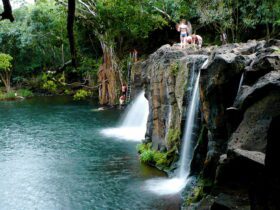
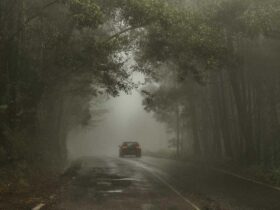




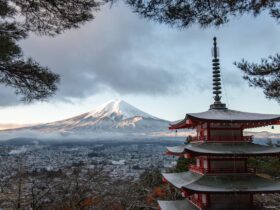










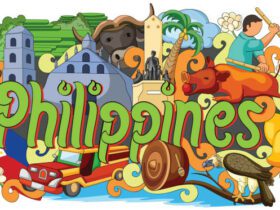
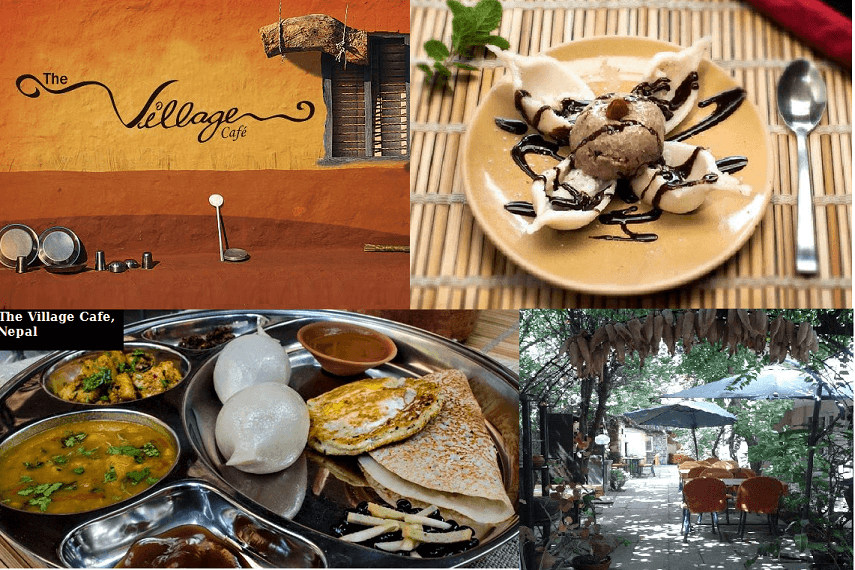



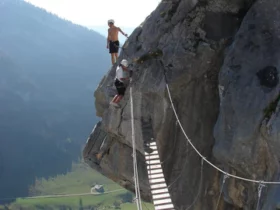
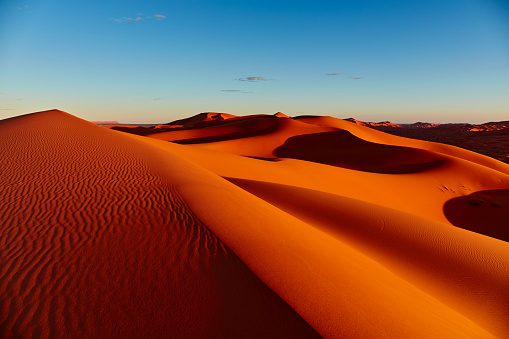

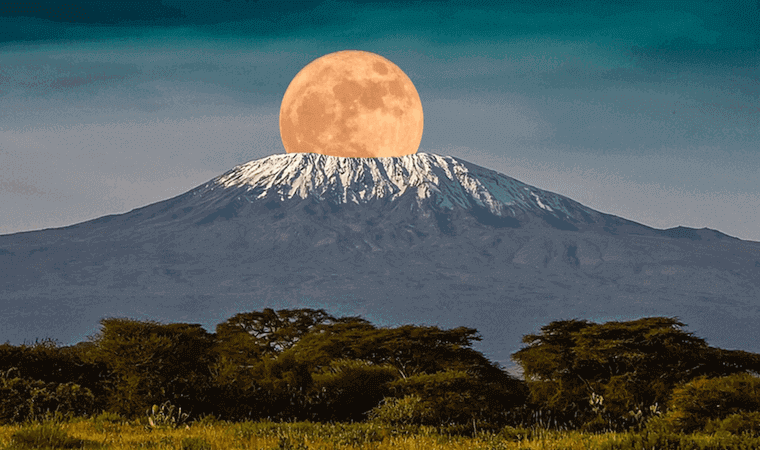


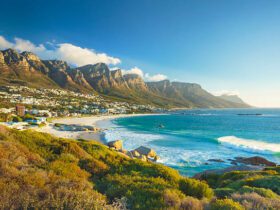
Leave a Reply
View Comments